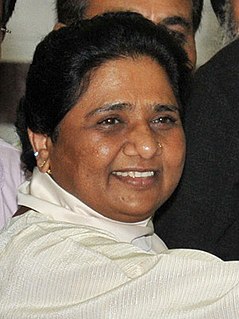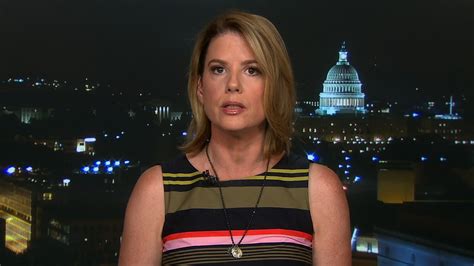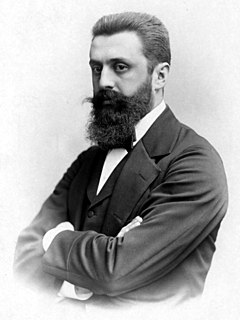A Quote by Noam Chomsky
In Kosovo, the U.S. has chosen a course of action that escalates atrocities and violence. It is also a course of action that strikes a blow against the regime of international order, but which offers the weak at least some protection from predatory states.
Related Quotes
Do you, like a skilful weigher, put into the balance the pleasures and the pains, near and distant, and weigh them, and then say which outweighs the other? If you weigh pleasures against pleasures, you of course take the more and greater; or if you weigh pains against pains, then you choose that course of action in which the painful is exceeded by the pleasant, whether the distant by the near or the near by the distant; and you avoid that course of action in which the pleasant is exceeded by the painful.
Buddhists have a long-standing tradition of believing that at some level we always know what the best course of action is in any given situation. We just have to be quiet enough to let that course of action present itself to us. And we need the confidence to act when life shows us what we need to do.
[Action's] a Western thing. We think of the hero going into battle, rebelling against a government or an oppressor, but [in KUNDUN] action is nonaction or what appears to be nonaction. That's a hard concept for Western audiences. . . . We wanted to show a kind of moral action, a spiritual action, an emotional action. Some people will pick up on it; some won't.
Non-violence is very weak in the theoretical sense; it cannot defend itself. But it is most powerful in the action situation where people are using non-violence because they want desperately to bring about some change. Non-violence in action is a very potent force and it can't be stopped. The people who are struggling have the complete say-so. No man-made law, no human ruler, no army can destroy this. There is no way it can be destroyed... And so, if we have the capacity to endure, if we have the patience, things will change.
Thoughts are ephemeral, they evaporate in the moment they occur, unless they are given action and material form. Wishes and intentions, the same. Meaningless, unless they impel you to one choice or another, some deed or course of action, however insignificant. Thoughts that lead to action can be dangerous. Thoughts that do not, mean less than nothing.
A general “law of least effort” applies to cognitive as well as physical exertion. The law asserts that if there are several ways of achieving the same goal, people will eventually gravitate to the least demanding course of action. In the economy of action, effort is a cost, and the acquisition of skill is driven by the balance of benefits and costs. Laziness is built deep into our nature.






































